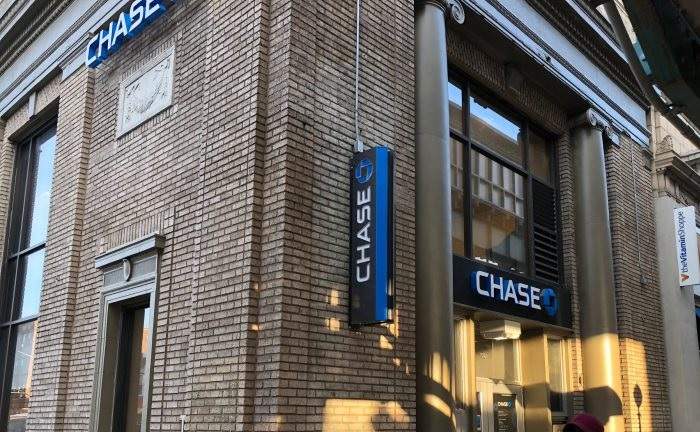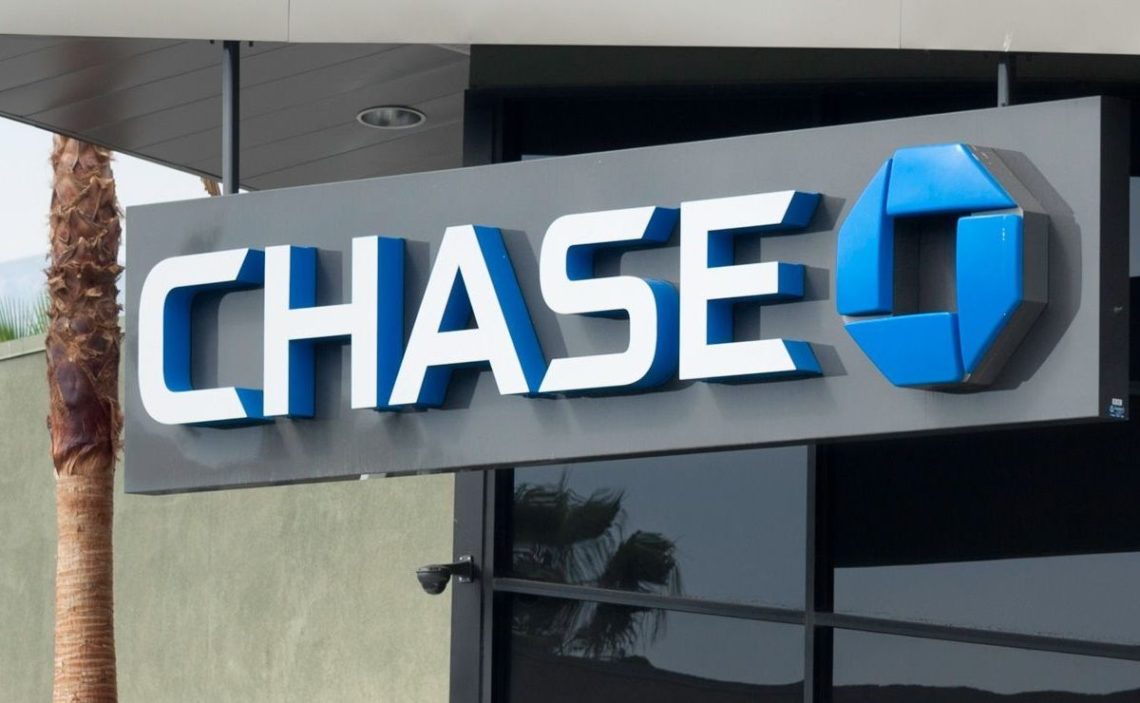When applying for a credit card, there are many aspects to consider, such as the benefits, rewards, and financial services offered by each one. Chase is one of the most chosen banks by Americans, but it is necessary to have a good credit profile.
Before applying for a credit card, it is recommended to know the credit score to know which card you can get with the score obtained. In addition, it is essential to know which credit bureau the bank works with to receive the money.
What is a credit bureau?
The credit bureau is an institution in charge of gathering information about the credit obtained by individuals. Chase works with three of the most important agencies to prepare its clients’ reports and credit history, which will influence when applying for a loan, a credit card, or buying a vehicle or property, among other things.
Each person can request a free report every 12 months in each of the credit bureaus that Chase works with, which are Experian®, Equifax®, and TransUnion®.
Which credit bureau does Chase work with?
As we mentioned, Chase works with three credit bureaus, varying from state to state. These bureaus are Experian, Equifax, and TransUnion, the leading issuers of credit reports required when applying for a card. In other words, if a person wants to get a Chase card, they need to know their credit history to know whether or not they are eligible to get their card.
These agencies only sometimes share information, only on rare occasions. That means that it takes longer to learn about credit applications. This time is called the “lock-in period” and is used to determine your chances of getting multiple credit cards simultaneously.
If the card application is denied, the FICO score will likely be reduced by up to 10 points. However, the score of those who wish to obtain credit cards at different agencies will not be affected.
Which credit bureau does Chase use the most?
The credit bureau most commonly used by Chase to issue its cards is Experian. However, TransUnion and Equifax are used for other states where they only sometimes work with Experian. In the table below, you can find out which credit bureaus Chase uses in your state.
| State | Credit bureaus |
| Alabama | Equifax and Experian |
| Arizona | Equifax and Experian |
| California | Equifax, Experian, and TransUnion |
| Colorado | Experian and TransUnion |
| Connecticut | Experian |
| Delaware | TransUnion |
| Florida | Equifax, Experian, and TransUnion |
| Georgia | Equifax, Experian, and TransUnion |
| Hawaii | Experian |
| Idaho | Equifax |
| Illinois | Experian and TransUnion |
| Indiana | Experian and TransUnion |
| Iowa | TransUnion |
| Kentucky | Equifax, Experian, and TransUnion |
| Louisiana | Experian |
| Maine | TransUnion |
| Maryland | Equifax and Experian |
| Massachusetts | Experian |
| Mississippi | Experian and TransUnion |
| Minnesota | Equifax and Experian |
| Missouri | Experian |
| Montana | Experian |
| Nebraska | TransUnion |
| Nevada | Equifax and Experian |
| New Hampshire | Equifax, Experian, and TransUnion |
| New Jersey | Experian and TransUnion |
| New Mexico | Experian |
| New York | Experian and TransUnion |
| North Carolina | Experian and TransUnion |
| Ohio | Equifax, Experian, and TransUnion |
| Oregon | Equifax and Experian |
| Pennsylvania | Equifax, Experian, and TransUnion |
| South Carolina | Equifax and Experian |
| Tennessee | Equifax and TransUnion |
| Texas | Equifax, Experian, and TransUnion |
| Utah | Experian and TransUnion |
| Virginia | Equifax, Experian, and TransUnion |
| Washington | Equifax and TransUnion |
| Wisconsin | Experian and TransUnion |

What information do the credit bureaus collect?
The credit bureaus mentioned above collect all information from homeowners, retailers, lenders, and any financial institution used by the customer. Since these three agencies compete, they share just some information, only the highlights. However, there are times when they are forced to share data because the law requires it.
This information is sold to clients, who can access their scores for free only once a year. If you are interested in requesting a free report, you can do so at the only agency legally authorized for this consultation: AnnualCreditReport.com.
The primary customer information included in the credit reports are:
- First and last name.
- Address.
- Social Security number.
- Loan applications.
- Payment history.
- Credit cards.
- Tax liens.
- Mortgages.
- Debts.
- Public records.
Why are my credit reports different?
If you notice that your credit reports are different, the bureaus have other scores, even though the FICO point system is used. That is because each bureau works individually and issues its reports with different procedures for correcting errors so that the score results may vary.
What credit score do I need for a Chase credit card?
Customers can obtain Chase credit cards with a FICO score of 670 or higher. The higher the score, the better the credit history and, therefore, the easier it is to be approved for credit. It is essential to verify your score before applying for a card with Chase, as they will verify it before approving your application.
In addition, all variables about the applicant’s credit profile will be examined, as more factors are involved in a credit report (which we mentioned above). However, there are Chase cards that do not require a suitable credit profile, i.e., 670 points or less.
Depending on your credit behavior and other conditions, applicants may be approved even with a low credit score, so it is possible to try to appeal if you need a good credit profile. However, the answer will depend solely on the credit bureau (Equifax, Experian, or TransUnion).
References
- Crail, Chauncey. “What Credit Bureau Does Chase Use? – Forbes Advisor.” Forbes Advisor, 15 June 2022, https://www.forbes.com/advisor/credit-cards/chase-credit-bureau/.
- “What Is a Credit Bureau & How Does It Work? | Chase.” Credit Card, Mortgage, Banking, Auto | Chase Online | Chase.Com, https://www.chase.com/personal/credit-cards/education/basics/credit-bureau#:~:text=Which%20credit%20bureau%20does%20Chase,credit%20score%20through%20Experian%C2%AE.
- “Which Credit Bureau Does Chase Pull? – Doctor Of Credit.” Doctor Of Credit, https://www.facebook.com/doctorofcredit/, https://www.doctorofcredit.com/knowledge-base/which-credit-bureau-does-chase-pull/.
Luis graduated from Boston 2004 in Northeastern University and Tulane University with a MBA in NYU Stern School of Business.
Since then, Luis O. has earned the CFA Institute Certificate in ESG Investing, the Chartered Financial Analyst® designation (CFA® charter), as well as having FRM Certification which makes him a high-level financial consultant.
Luis has been collaborating in writing finance-related content for allaboutcareers since February 2022.


